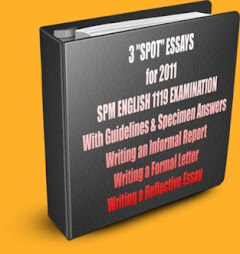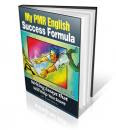
When I saw the picture of Prime Minister Datuk Seri Najib Tun Razak and Opposition Leader Datuk Seri Anwar Ibrahim sipping teh tarik in the Backbenchers' Lounge of Parliament House recently, I knew why Malaysia is now merrily ensconced in the 56th spot of Transparency International's Corruption Perceptions Index (CPI).
Teh Tarik is after all Malaysia's de facto national drink and the front-page story of the two leaders having their cuppa- politics aside - serves as an unofficial endorsement of the status of the drink in our lifestyle.
Now, how can our leaders be expected to distinguish themselves or make healthy decisions if they make this frothy muddy mix their habitual drink considering the fact that it contains about "six teaspoons of sugar in less than 350 ml"? Not my words, but the findings of Consumers Association of Penang (CAP).
No wonder about 15% of Malaysians over 30 years old suffer from diabetes!
In Malaysia, our teh tarik kaki legislators even make sugar a staple food and a controlled item like rice and cooking oil. CAP president SM Mohamed Idris probably hit the nail on the head when he said tongue-in-cheek that "a sugar shortage is considered a national crisis". Sugar, as we know, has no nutrients, and Idris said that it was linked to over 60 ailments such as cancer, diabetes, obesity, heart problems, osteoporosis, kidney problems and allergies.
Now, you have it. Besides the sugar-induced CPI, I believe teh tarik is probably linked to many other ailments and social ills that are currently plaguing our society.
Perhaps our legislators should introduce a 1Malaysia cocktail of Teh Sabah, daun pegaga(Hydrocotyle or Centella Asiatica) and lemon grass with a dash of Sarawak pepper to give it that extra oomph. This should improve the overall health of the country - socially, politically and economically- and make us the envy of all nations.
Fuyoh!!!























